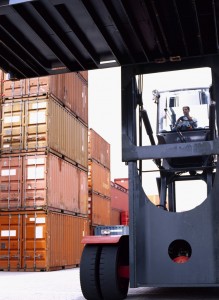 A long-time friend, Jim Blasingame, who is a well-known radio commentator, business writer and small business expert has recently written a thoughtful article making the case that the soon-to-be-considered $15 national minimum wage is a bad idea, and he gives 10 pretty compelling reasons to back up his position. (Read his article here)
A long-time friend, Jim Blasingame, who is a well-known radio commentator, business writer and small business expert has recently written a thoughtful article making the case that the soon-to-be-considered $15 national minimum wage is a bad idea, and he gives 10 pretty compelling reasons to back up his position. (Read his article here)
Jim’s well reasoned argument tells us that it will hurt small businesses in most of the country, and ultimately hurt more workers than it helps. His argument may not have much sway on the low income worker who is working two jobs trying to support a family on $7 or $8 an hour, but if that worker’s employer can find a way to eliminate that job as a response to the wage hike, how does that help? When it all plays out, who wins and who loses?
What do you think? I’m curious to know how you feel about that issue, as it will soon be front and center in the news. If you will, send me a YES (it’s a good idea) or NO (it’s a bad idea) and tell me why you think so, and I’ll publish the results of my very unscientific survey here. AND THE RESULTS OF MY VERY UNSCIENTIFIC SURVEY ARE: 58% IN FAVOR, 42% OPPOSED.
© 2024 CFO For Rent - Western Management Associates. All rights reserved. Website by Avodah Web Solutions.